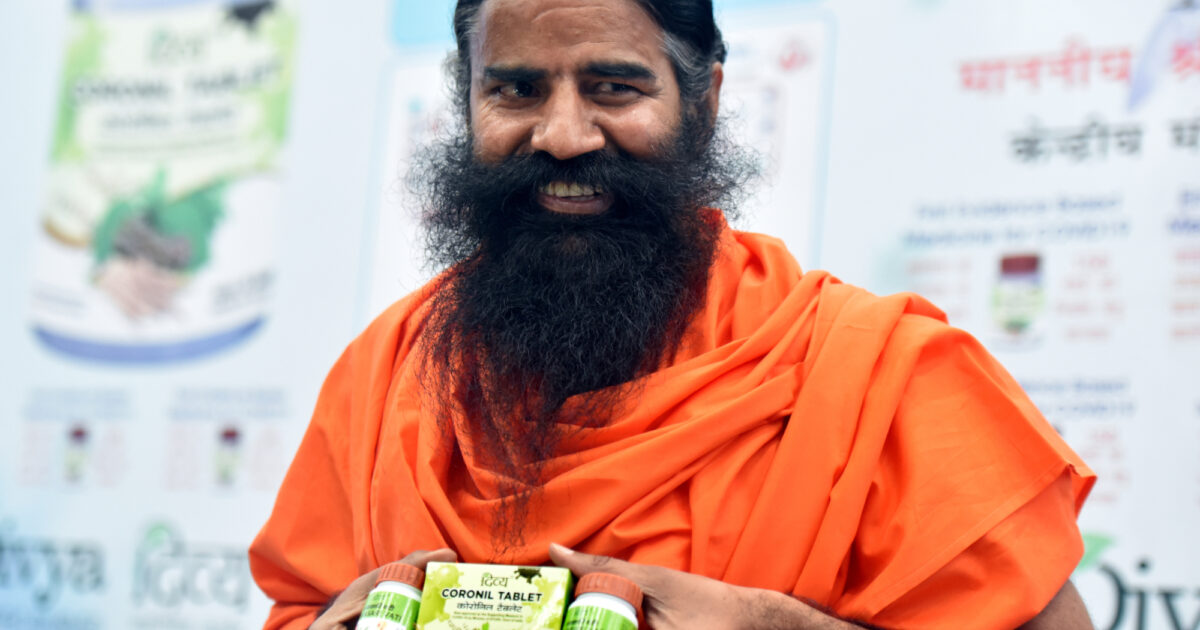So much hot air: Twitter and Facebook let quack Covid cures spread unchecked in India

“[They then] face stomach upsets, nausea, and some exacerbation of the acid peptic disease.” He added: “And of course, if they’re drinking it too much, it can affect, in the long-term, their kidney and liver functions.”
Facebook and Twitter’s failure to take action against false information in Hindi also raises questions about the companies’ relationship with the Indian government, which both courts and threatens them. Facebook in particular has faced widespread criticism for being seen to be unduly lenient on hate speech posted by members of the ruling BJP.
Twitter angered the government when it reversed a decision to block accounts tweeting about farmers’ protests near the capital at the request of authorities earlier this year. In late May, Delhi police showed up at Twitter’s local offices to announce they were investigating the company for labelling a BJP spokesperson’s tweet as containing manipulated media.
Further complicating the picture is India’s long history of Ayurvedic treatments, which are often pitched as a superior and more patriotic alternative to modern medicine. This has driven the sale of Ayurvedic formulations claiming to prevent and cure Covid-19. About 10,000 people turned up to the sale of an Ayurvedic “miracle cure” for the virus in Andhra Pradesh in mid-May, creating a “virtual stampede” according to the Times of India.
The combined influence of these two local factors for India’s pandemic misinformation are exemplified in Baba Ramdev. The barefooted yogi in saffron robes is not the typical face of a billion-dollar corporation. But he has become an inescapable image; broadcast on television for daily morning and evening yoga routines, smiling down from billboards across India, selling a return to the ancient Hindu ways – via his products.
Ramdev’s medicine and consumer goods empire, Patanjali Ayurved, sells everything from food and cleaning products to Ayurvedic medicine from more than 47,000 retail counters and an online store. His combination of Hindu spirituality and big business has proved a good fit with India’s prime minister, Narendra Modi, whom he endorsed on stage in 2014 before the BJP’s election win. Patanjali has since been reported to have acquired more than $46m in discounts for land acquisitions in states controlled by the BJP, according to Reuters. At the inauguration of a Patanjali Research Institute in 2017, Modi declared: “Baba Ramdev will take Ayurveda, and inspire the world.”


